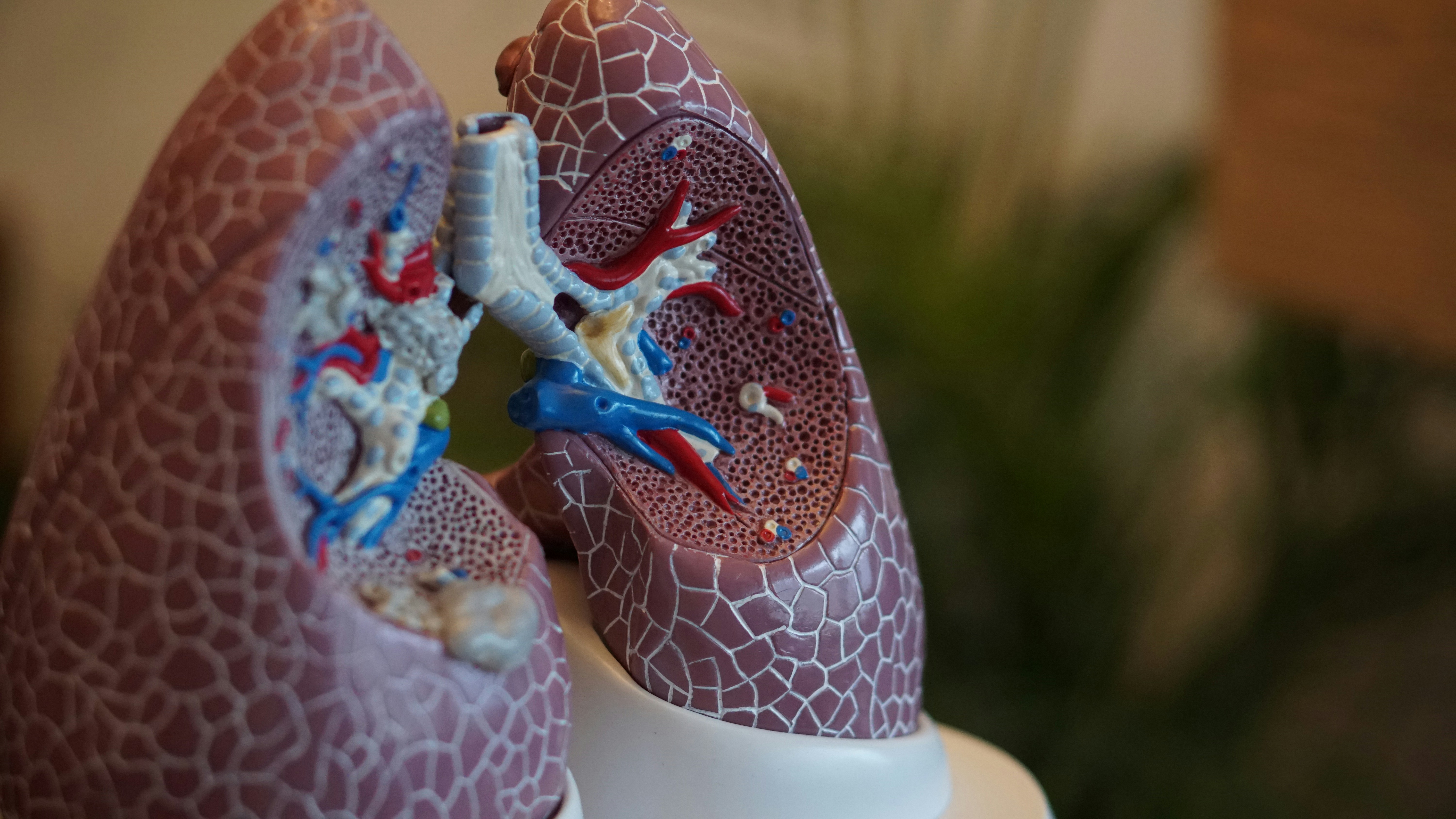Lung cancer occurs when cells in the lungs begin to mutate and proliferate rapidly, forming a mass or growth known as a tumour. These tumours can be benign or malignant. A benign tumour of the lung does not spread to the rest of the body and is usually not fatal. Conversely, lung cancer, also referred to as lung carcinoma, is life-threatening with the potential to spread to nearby tissues as well as to more distant areas of the body. It commonly spreads to the brain, liver, bones, or adrenal glands and can have a significant impact on patients’ lives.
The goal of lung cancer treatment is to cure the patient by early surgery. However, most patients present late and the goal of treatment is then to enhance the quality of life while slowing down the progression of the disease and managing the symptoms. But as patients embark on their journey with lung cancer that has spread, they require relief from pain and other symptoms. In such circumstances, they will need support and care as they navigate these tough times.

With a multidisciplinary caregiving approach, palliative care aims to alleviate the suffering faced by patients with serious illnesses like lung cancer while providing care and support. Although this type of medical care focuses on relieving pain and other symptoms, it should not be confused with hospice care. Unlike hospice care, which is usually provided at the last stage when a cure is no longer possible, palliative care can be offered at any stage of the disease.
Palliative care for lung cancer involves a multidisciplinary team of medical professionals, including pulmonologists and other doctors, nurses, social workers, and other health care providers. This team will work with the patient’s primary care doctor and lung cancer specialist to create a customised care plan that meets all their individual needs and specifications. Not only is palliative care beneficial in managing a person’s symptoms, but it also addresses their emotional, social, mental, and spiritual aspect as well.
Every patient is unique, and so are their needs, which means the type of palliative care needed will vary from person to person. It may also vary as one progresses through each stage of your lung cancer treatment. Let’s walk through some of the most common types of supportive care for lung cancer and the components that can be improved by this approach:
Furthermore, many patients who were smokers feel guilty about this habit and tend to blame themselves for the condition. Palliative care will be instrumental in addressing these emotions, helping them to attain a sense of acceptance and serenity. The palliative care team will also help patients and their families plan for the future, ensuring that all their concerns and needs are addressed and looked after so that they can live their lives to the fullest.
Communicate your thoughts with your primary care doctor, nurse, or lung cancer specialist so that this care can be provided throughout the treatment process. Palliative care is usually provided in an array of different settings, including hospitals, clinics, hospices and other facilities including the home. You should discuss your preferred palliative care options with your team and explore the most suitable and comfortable approach for you.
As lung cancer is a debilitating condition, many may have to give up their job or reduce their daily work to treat their condition. This can affect them financially, adding more emotional pressure. If such concerns are discussed with their palliative care team, they can refer patients to financial counselling so that these issues can be managed appropriately. Other problems, such as legal concerns or insurance, can also be navigated by connecting patients to the relevant channels or resources.
In Singapore, lung cancer is the third most common cancer accounting for over 13% of all cancer cases. Therefore, when it comes to lung cancer, specialists like pulmonologists will play a key role in providing good quality care for patients. So, if you are concerned about receiving quality palliative care or would like more information, do not hesitate to reach out to our team at Philip Eng Respiratory Clinic; we would be more than happy to guide you.
Lung specialist A/Prof Philip Eng, who practises at Philip Eng Respiratory & Medical Clinic, specialises in respiratory and critical care management with a focus on evidence-based medicine and patient care. If you suspect you have a respiratory condition, get in touch with the clinic for more information or to book an appointment.